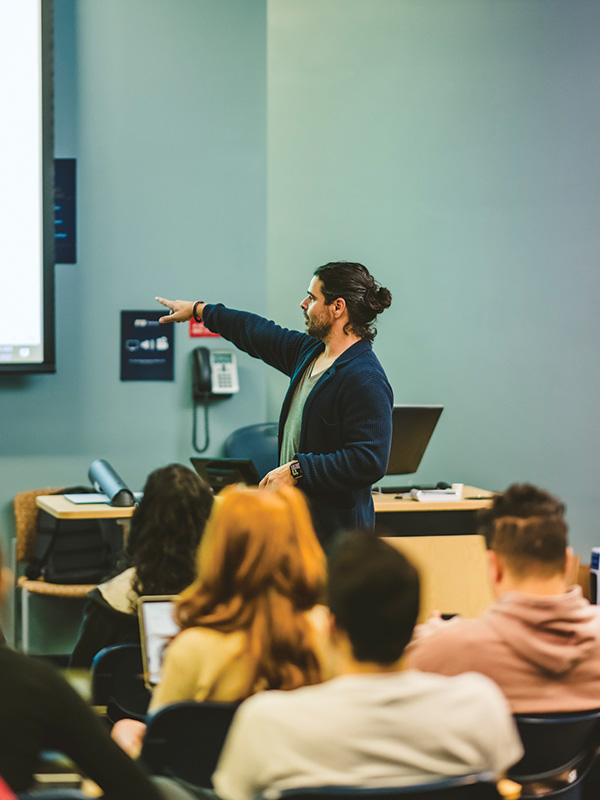Through our Interdisciplinary Writing Teaching Assistantships, offered in conjunction with the Writing and Rhetoric Program, and University Graduate School Writing Fellows Program, graduates can learn about teaching effectively with writing, and in the process, elevate their own writing and scholarly productivity. Our graduate student fellows and TAs are equipped with WAC’s evidence-based training to take a leading role in the integration of writing across FIU's many disciplines as a mentor, leader and ambassador.
"Being part of a writing group not only helps students understand writing styles in their disciplines, but also overcome anxiety around writing." - Alla Mirzoyan, Assistant Dean of the University Graduate School

"The training I gained from the FIU Writing Across the Curriculum program shaped and advanced my writing skills. I now leverage these skills to guide and mentor others on writing... Becoming a UGS Writing Fellow was one of my most transformative experiences as a doctoral student at FIU." - Derrick Boakye Boadu, Postdoctoral Associate
Interdisciplinary Writing Teaching Assistant Program
Supported by a Provost's Strategic Investment, the IWTA program selects students to receive a teaching assistantship through an application and interview process. Upon selection, IWTAs spend two years within the FIU Writing program, first TAing in an ENC 1101 or 1102 course and then teaching their own 1101 or 1102 section.
During the semester in which they are TAing, the IWTAs take ENG 6937, a course in which they learn about WAC scholarship and writing pedagogy and receive the professional development needed to teach on their own. After their second full year of teaching ENC 1101 or 1102, IWTAs return as "writing ambassadors" equipped to work with students writers and assist their home departments in improving their pedagogical approaches.
University Graduate School Writing Fellows Program
The Graduate School Writing Fellows Program is a cooperative effort between WAC and the University Graduate School to enhance graduate students' scholarly productivity while also empowering them to flourish as future faculty, mentors, leaders and ambassadors of effective writing within their academic communities.
This program begins with training curated by our team to help fellows adeptly facilitate writing groups, discern writing genres within their disciplines and provide valuable coaching on writing conventions relevant to their fields.
Throughout the span of two semesters, these fellows take on the responsibility of convening and guiding graduate student writing groups. In embracing this leadership role, they not only enhance their own capabilities in group facilitation but also fortify their personal writing and self-editing proficiencies, enriching their professional skill set. Furthermore, their contributions extend to nurturing a culture of writing excellence across diverse academic disciplines.
